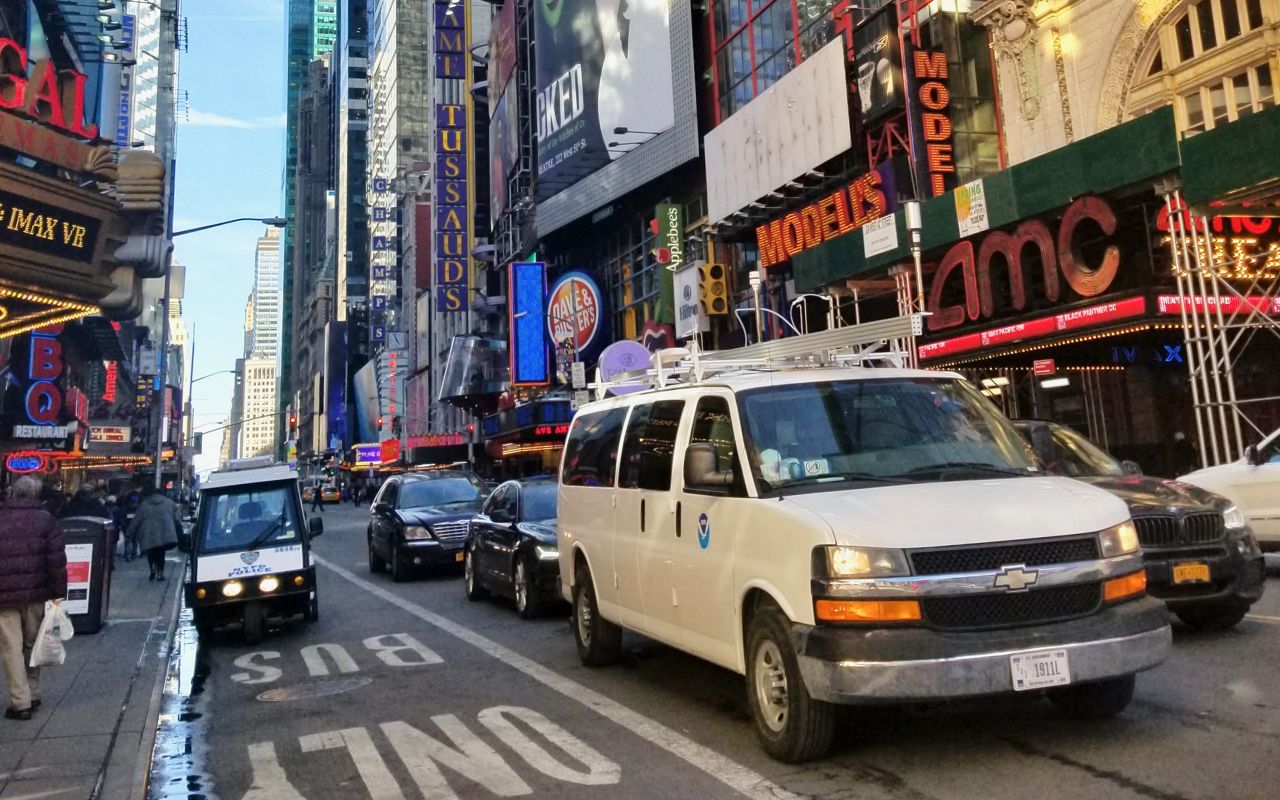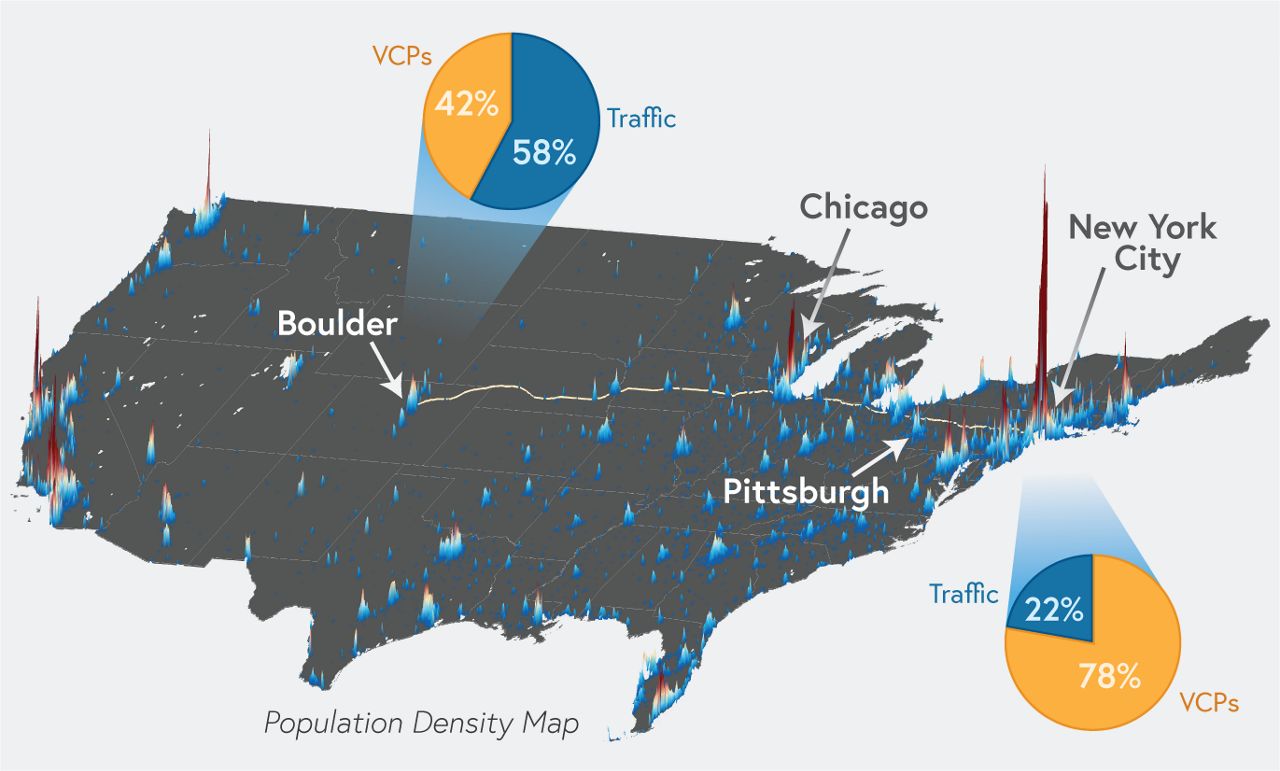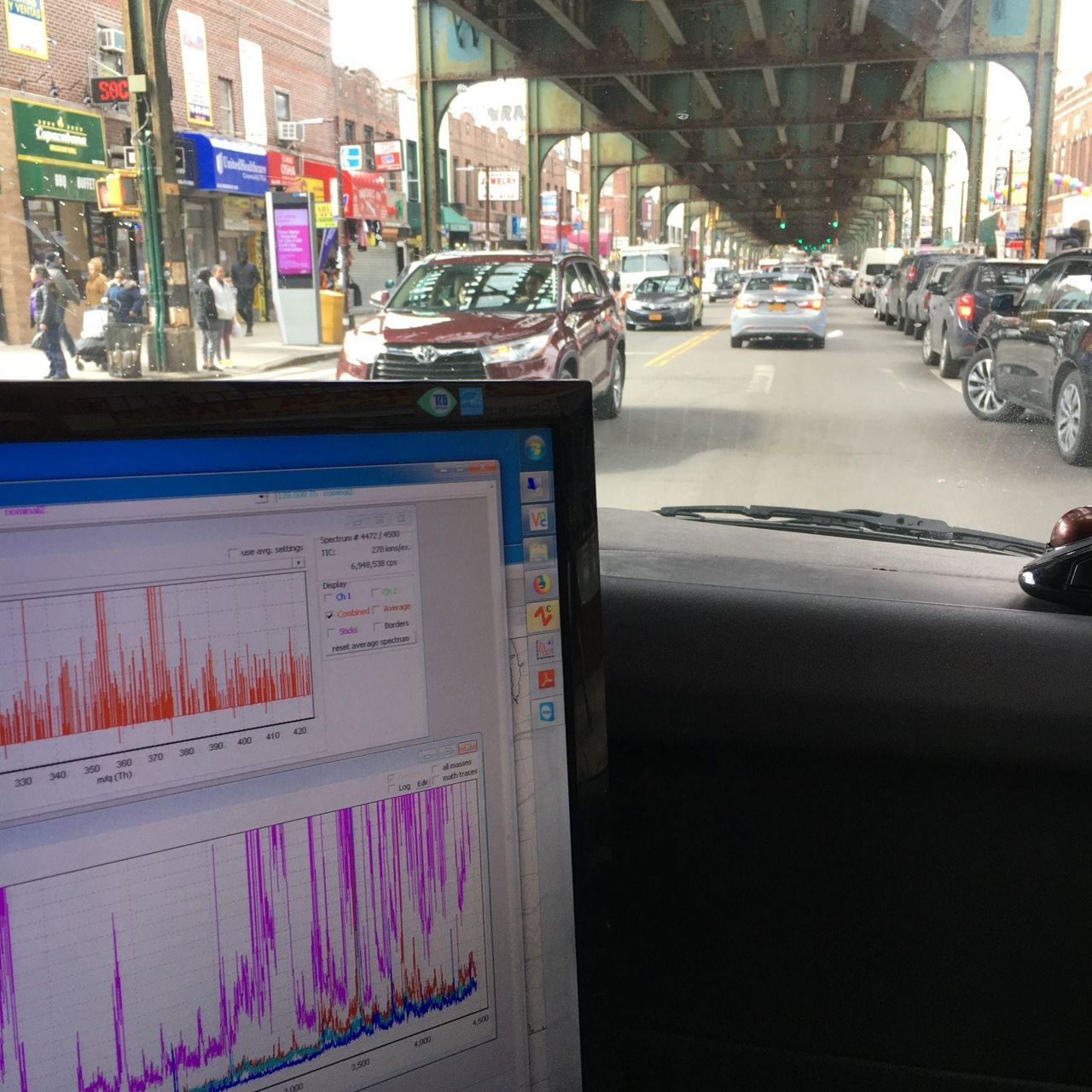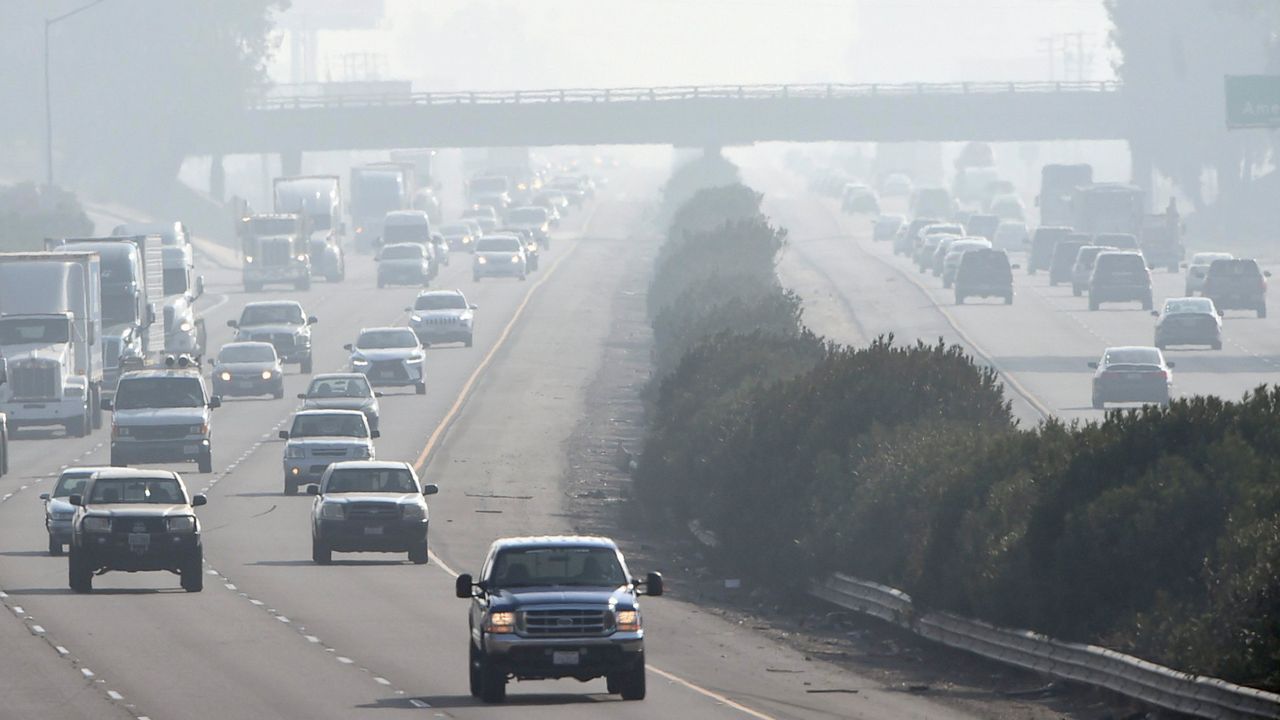We all know that cars cause air pollution, but did you know that lotions, bug sprays and deodorants also do?
In a study released in August 2021, scientists showed proof that people are the new "tailpipe" when creating smog in cities.
Here's the story.
Air pollution experts from the National Oceanic and Atmospheric Administration drove a van through the streets of New York City outfitted with a variety of air quality sensors.
They received real-time results from the "air sniffers," and the findings were shocking.

The scientists expected the results to show that exhaust from the vehicles stuck in bumper-to-bumper traffic made up most of the chemicals found in the air in New York City.
However, they found large concentrations of chemicals from paint and personal care products like shampoos, soaps, perfumes, deodorants and lotions.
The ingredients in these products belong to a class of materials called volatile organic compounds (VOCs), and when these mix with other factors, the results can take your breath away.

Smog forms when the VOCs from paint and lotions mix with sunshine and nitrogen oxides, produced in the exhaust by cars and trucks. The resulting air pollution can scar the lungs and trigger asthma attacks.
The core issue with these personal care products is that they are petroleum-based. When they evaporate from our skin, as they are designed to do, they become a VOC that can create air pollution particles.
Paints are also in this group, and some companies have begun to change the molecular structure of their products to make them less likely to create air pollution.

This field of study is rapidly growing. The 2021 study was launched after research in 2018 first linked air pollution to personal care products.
It also showed that the concentration of these VOCs were worse in areas that had the greatest population density, like New York City. Next was in medium-sized cities.
We'll likely need a redesign of many lotions, soaps and sprays in the coming years to lessen their impact on air quality.
The expert's general rule is that if a product has a smell (like our soaps and deodorants) it likely emits VOC gases.
To limit these chemicals, experts advise that you try and use personal care products that are water-based.
They also urge us to use as few products as needed to get the job done. Also, you can look for products with a low VOC label.



